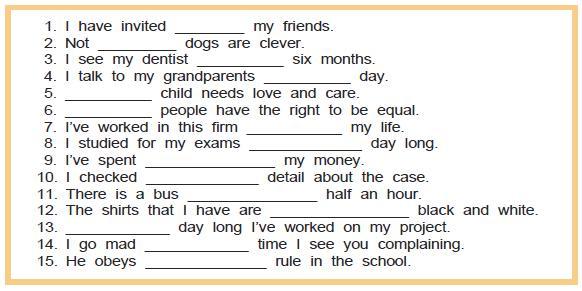conpendium about theme of "study with others"
Создайте Ваш сайт учителя Видеоуроки Олимпиады Вебинары для учителей
Study with others
Вы уже знаете о суперспособностях современного учителя?
Тратить минимум сил на подготовку и проведение уроков.
Быстро и объективно проверять знания учащихся.
Сделать изучение нового материала максимально понятным.
Избавить себя от подбора заданий и их проверки после уроков.
Наладить дисциплину на своих уроках.
Получить возможность работать творчески.
Просмотр содержимого документа
«Study with others»
Полезное для учителя
Распродажа видеоуроков!
1610 руб.
2690 руб.
1610 руб.
2690 руб.
1610 руб.
2690 руб.
1510 руб.
2510 руб.
ПОЛУЧИТЕ СВИДЕТЕЛЬСТВО МГНОВЕННО
* Свидетельство о публикации выдается БЕСПЛАТНО, СРАЗУ же после добавления Вами Вашей работы на сайт
Удобный поиск материалов для учителей
Проверка свидетельства

















